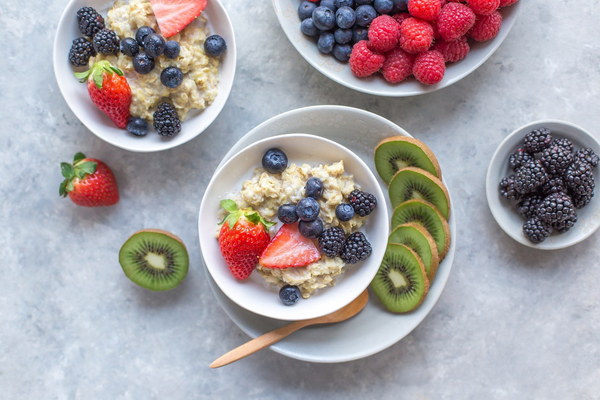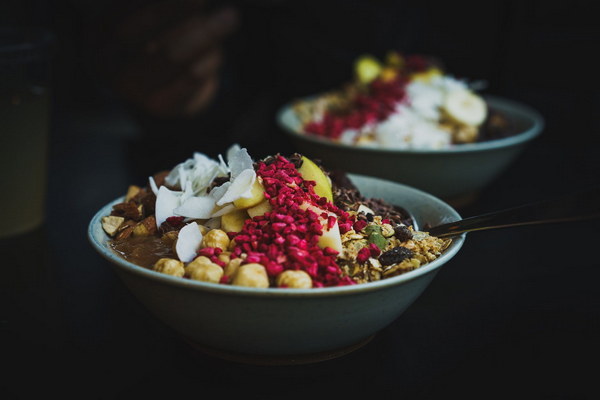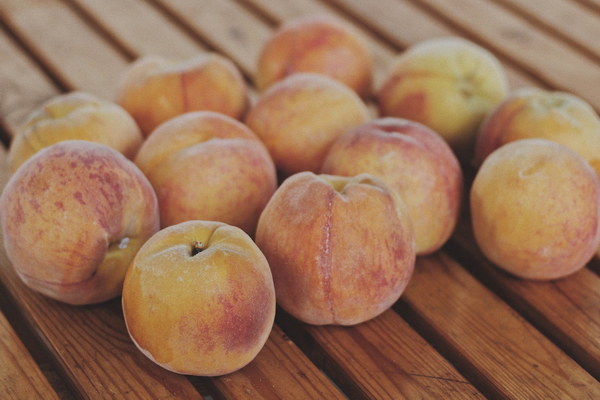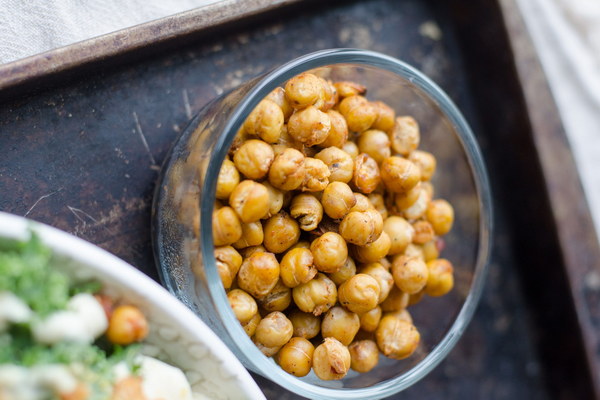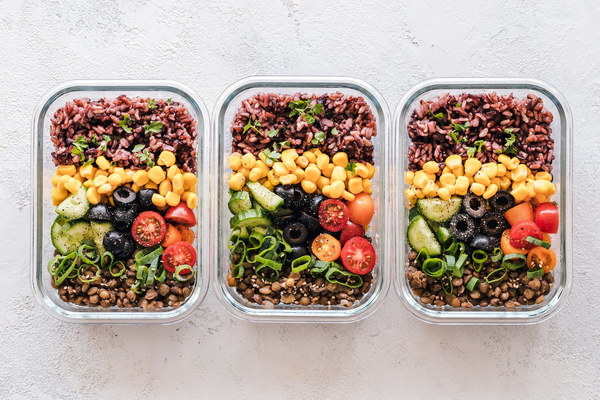Revitalize Your Health A Woman's Guide to Nourishing Blood and Kidneys with Traditional Chinese Medicine Diet
Introduction:
In traditional Chinese medicine (TCM), maintaining a healthy balance of blood and kidneys is crucial for women's overall well-being. Blood represents the essence of life, and a deficiency in blood can lead to fatigue, weakness, and anemia. Kidneys, on the other hand, are responsible for storing essential energy (Jing) and are closely associated with fertility, vitality, and longevity. This article aims to provide a comprehensive guide to a nourishing diet specifically tailored to help women rejuvenate their blood and kidneys, following the principles of TCM.
1. Understanding Blood and Kidney Deficiency:
Before diving into the diet, it's essential to understand the symptoms of blood and kidney deficiency. Common signs include fatigue, dizziness, pale skin, cold hands and feet, irregular menstrual cycles, and fertility issues. By addressing these deficiencies, you can improve your overall health and well-being.
2. Food Choices:
a. Red Fruits and Vegetables: Red fruits and vegetables, such as beets, tomatoes, carrots, and red bell peppers, are rich in antioxidants and can help nourish your blood. Incorporate these into your daily meals to boost your blood levels.
b. Black Foods: Black foods, such as black beans, black sesame seeds, and black walnuts, are considered to be particularly beneficial for kidney health. These foods are full of nutrients that can help support your kidneys and improve their function.
c. Nourishing Soups and Stews: Soups and stews, such as chicken or beef bone broth, are an excellent way to provide your body with essential nutrients. Simmering these broths with a variety of herbs and vegetables can help nourish both your blood and kidneys.
d. Herbs and Spices: Herbs and spices, such as ginseng, astragalus, goji berries, and cinnamon, have been used in TCM for centuries to support kidney and blood health. Incorporate these into your cooking to enhance the benefits of your diet.

3. Sample Menu:
Breakfast:
- Oatmeal topped with goji berries and black sesame seeds
- A glass of ginger tea
Morning Snack:
- Fresh apple slices
Lunch:
- Brown rice with stir-fried black beans and carrots
- Steamed chicken breast
- Side salad with spinach, cherry tomatoes, and a balsamic vinaigrette
Afternoon Snack:
- A handful of almonds
Dinner:
- Lentil soup with carrots, beets, and tomatoes
- Grilled salmon with lemon and dill
- Quinoa with roasted butternut squash and kale
Dessert:
- A small bowl of mixed berries with a drizzle of honey
4. Tips for Success:
a. Stay Hydrated: Drink plenty of water throughout the day to support your blood and kidney health.
b. Avoid Cold Foods: Cold foods can weaken your kidneys and lead to blood deficiency. Try to avoid cold drinks, ice cream, and frozen fruits.
c. Regular Exercise: Engage in regular physical activity to promote blood circulation and kidney function.
d. Manage Stress: Chronic stress can deplete your blood and weaken your kidneys. Practice relaxation techniques, such as meditation, yoga, or deep breathing exercises, to maintain a healthy balance.
Conclusion:
By incorporating these blood and kidney-nourishing foods and principles into your diet, you can improve your overall health and well-being. Remember to consult with a healthcare professional or a TCM practitioner before making significant changes to your diet or lifestyle. With dedication and consistency, you can revitalize your health and enjoy a more vibrant life.


